Nissan is planning to expand trials of a bi-directional charging scheme that could make running electric vehicles (EVs) such as the second-generation Leaf entirely free – including a new project in the UK.
The Japanese manufacturer has run a scheme in Denmark in the past year that has allowed EV fleet customers to buy a vehicle-to-grid charger to both draw energy from the grid to power their car and ‘sell’ it back when their machine is not in use. Aside from the cost of installing a vehicle-to-grid charger, Nissan says the system has enabled firms to run EVs at no cost.
New Nissan Leaf to cost £26,490 at launch
Nissan will work with Ovo Energy to give discounts to UK customers who buy an xStorage home energy unit. The devices, which have been available in Britain since 2016, can store generated energy and feed it into both a Leaf and the grid. Nissan says the system could generate around £350 per year for users.
The bi-directional charging concept effectively works by using a car’s battery as extra energy storage when plugged in, giving the grid extra capacity – the new Leaf’s 40kWh battery can store enough energy to power the average family home for around three days. The system generally works by transferring small amounts of energy when needed, ensuring vehicles are ready to use when drivers require.
2018 Nissan Leaf prototype review: new EV driven
The move is part of a series of initiatives announced by Nissan to boost EV adoption, tied in with the European launch of the second-generation Leaf and e-NV200 van.
Nissan has also committed to expanding its European outdoor charging network with the addition of 1000 new charging points. That will bring its total number of charging points to 5600. Nissan has also launched a double-speed 7kWh home charger that it says can achieve a 100% charge on the new 40kWh Leaf battery in five and a half hours.
The brand's European chairman, Paul Willcox, believes these investment illustrate the lead Nissan has on its main rivals with electric technology. He told Autocar "We're ahead of the rest of the industry by at least a decade and we're ready to move beyond that car.
"In 2027 we believe that 30% of cars in Europe will be electric. I personally believe that's conservative. I think this will be a period like when the combustion engine went from gimmick to necessity. It will be a profound change. The auto industry ripples will turn into multi-industry waves."

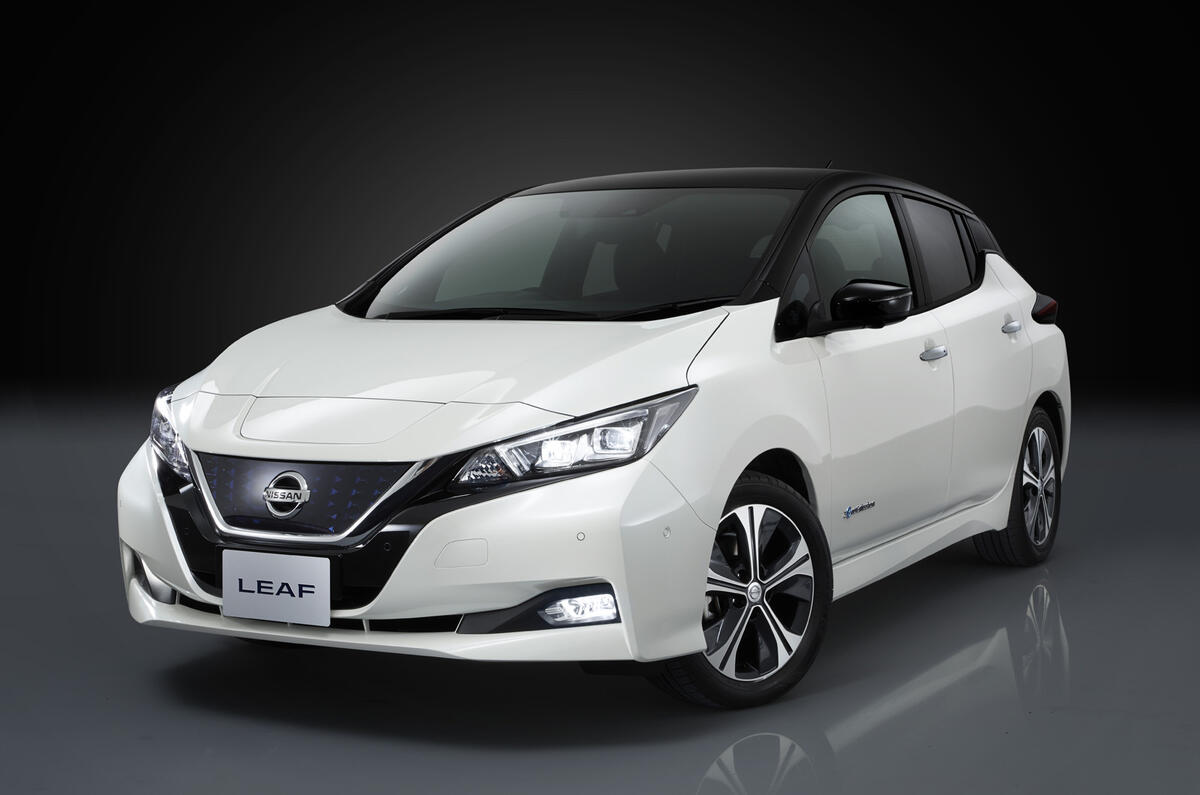
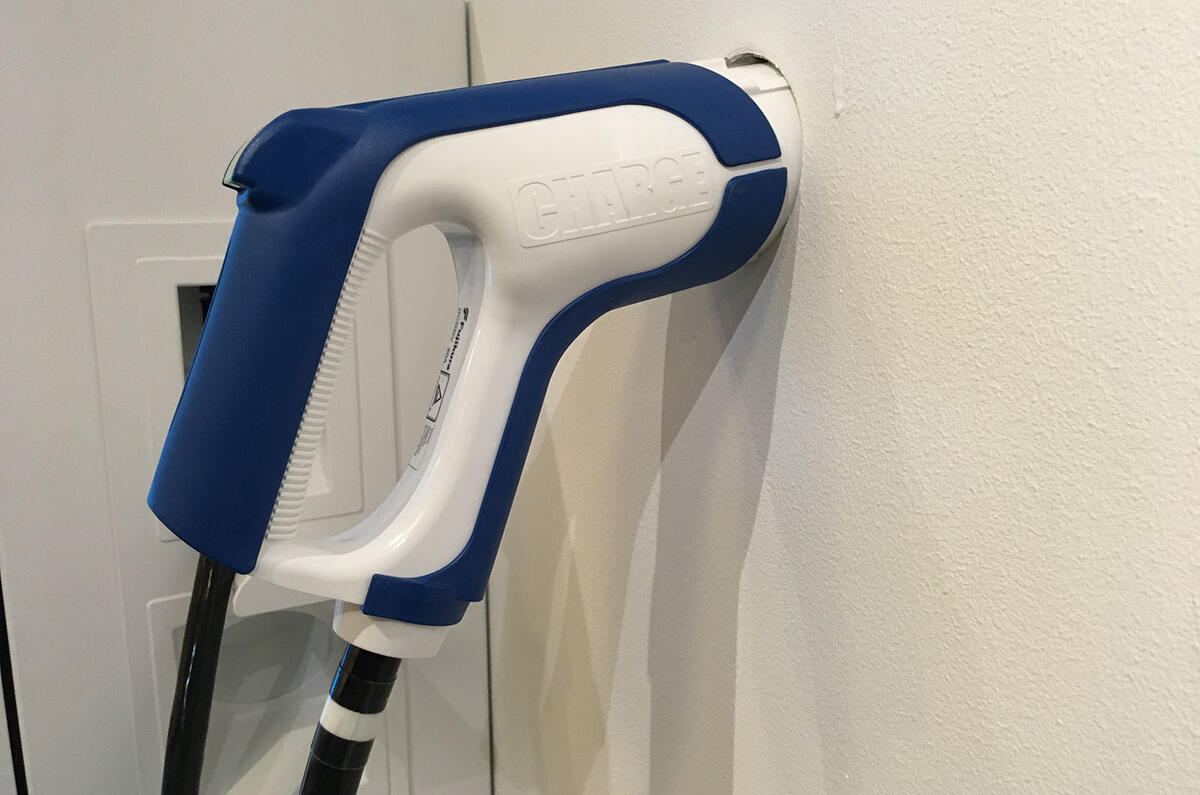
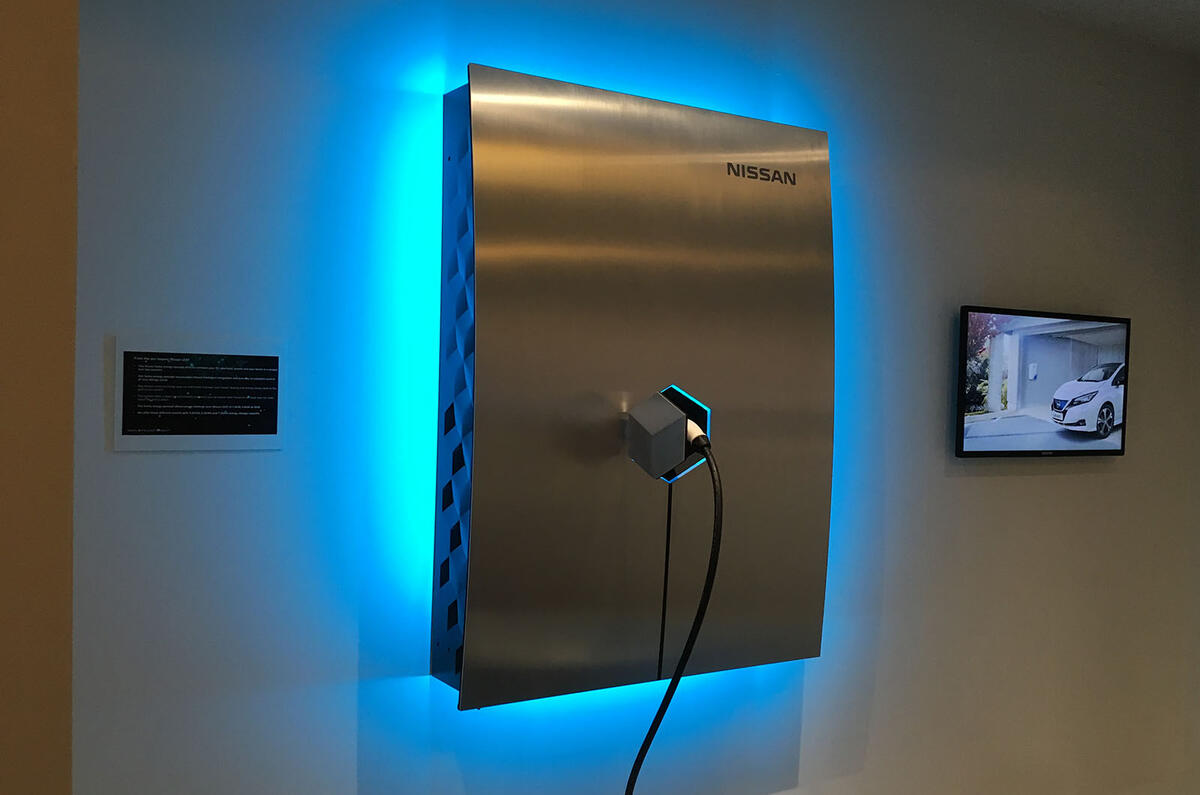
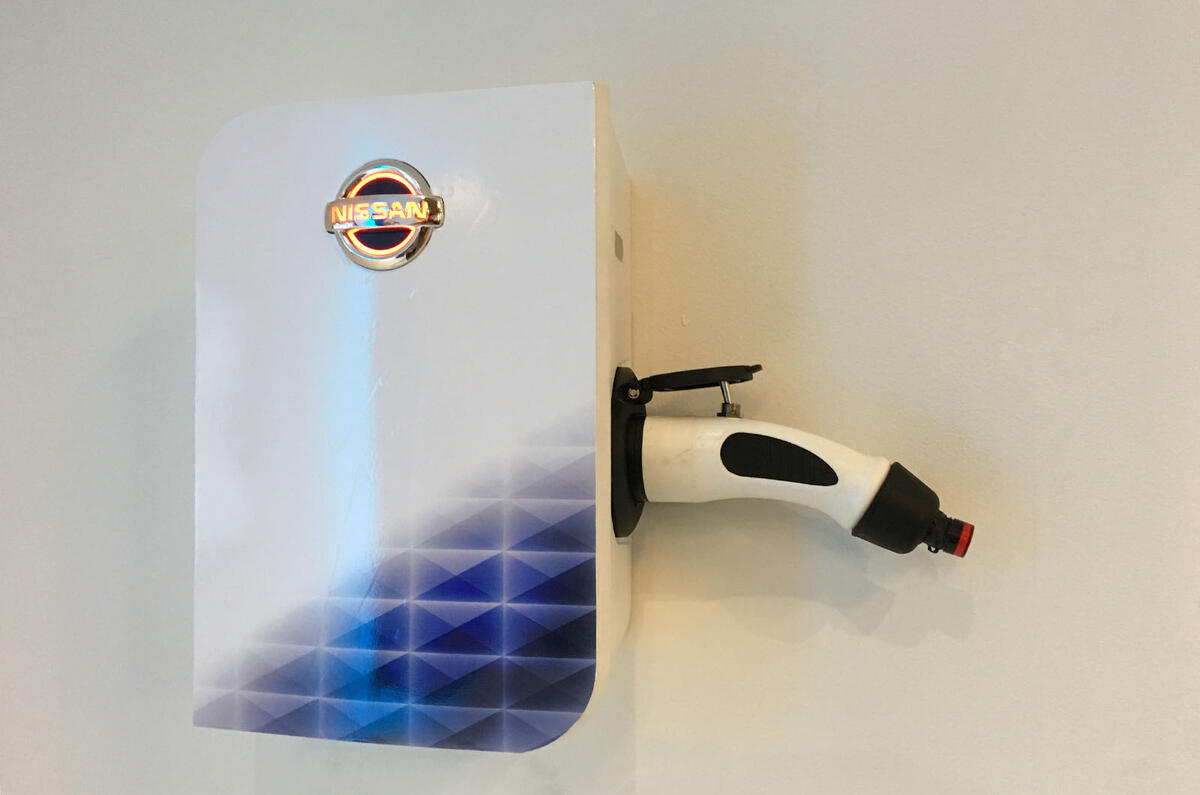
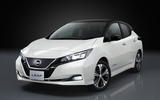


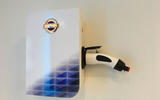







Add your comment